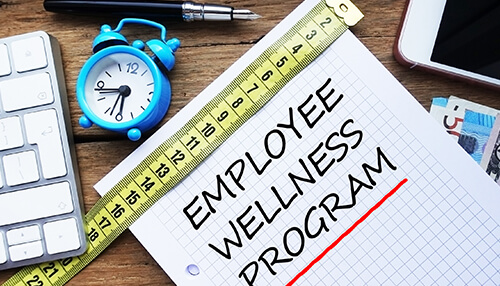Introduction
It seemed to happen suddenly. Large, medium, and small business services shut down immediately. Whole teams began operating from home, many of them for the first time. Now that we are starting to see results, there is a genuine push to reopen.
However, returning to the office is not a race. Large, medium, and small support services and workers’ safety comes first. Additionally, you must give it some serious consideration, planning, and preparation before you can restart your firm. That is the purpose of this manual. It serves as your detailed guide to safely reopening your business. In this article, we are going to talk about the 8 business reopening plan steps to improving safety in the post-COVID-19 crisis.
1. Spread the Awareness About the COVID-19 and New Norms in Your Organization
Organize a COVID boot camp once you get back to work. The purpose of a “boot camp” is to dismantle outdated behaviors and promote fresh ones. When no one is aware of what is usual, norms can be reset most easily. Hold a boot camp as workers reenter the workforce to capitalize on their unformed expectations. This could last for a few hours or only 30 minutes.
2. Get Your Workplace Ready For The Change
To maintain social distance, the Centers for Disease Control and Prevention (CDC) recommends a minimum of six feet between people. This could entail putting up physical barriers in your store or workplace, rearranging your desks so there is more room between them, locking up common areas, and scheduling shifts and breaks to reduce any pointless contact.
3. To keep track of health, develop an employee wellness program.
As COVID-19 develops, local, state and federal regulations for particular industries are evolving every day, according to Roslyn Stone, MPH, COO of Zero Hour Health and the brains behind Zedic. So, companies should offer healthy food, and isolate people immediately with any kind of symptoms.
4. Employees Must Wear PPE Or Gloves And Masks.
Proper PPE has played a significant role in preventing the virus from spreading throughout the pandemic and safeguarding vital healthcare workers. If your industry is not required by the Occupational Safety and Health Administration (OSHA) to utilize standardized PPE like N95 masks, you might choose to give your employees cloth surgical masks, gloves, and/or cloth face covers to use at the workplace.
5. Temperature Checking at the Doorstep
Checking the temperature before entering a workplace Stone asserts that temperature checks are now required for some vital employees and will likely be necessary before many different kinds of enterprises can reopen.
6. Consider Remote Working Options
Public health groups have advised companies that can run remotely (totally or partially) to do so to slow the spread of the virus. A lot of big businesses, like Amazon, have chosen remote working options and work-from-home policies to include all workers whose duties can be done online until October 2020.
7. Put safety procedures in place when handling physical objects
Even though some states currently only permit curbside pickup, non-essential retail businesses are sprouting up all across the nation. This is not only a smart, doable public health policy, but it might also give your customers more assurance when they shop with you.
8. Make sure that your staff and clients are aware of your plans.
You need an effective communication strategy for making sure your employees and consumers understand their part in reducing COVID-related hazards after your health & security policies are in place for your reopening.
Conclusion
Be prepared with a consistent message across all of your channels when you inform your customers about reopening your business. Reiterate this message in-store and at regular commercial touchpoints. Most essential, be ready to share information, consider comments, and adjust your operations as necessary.




